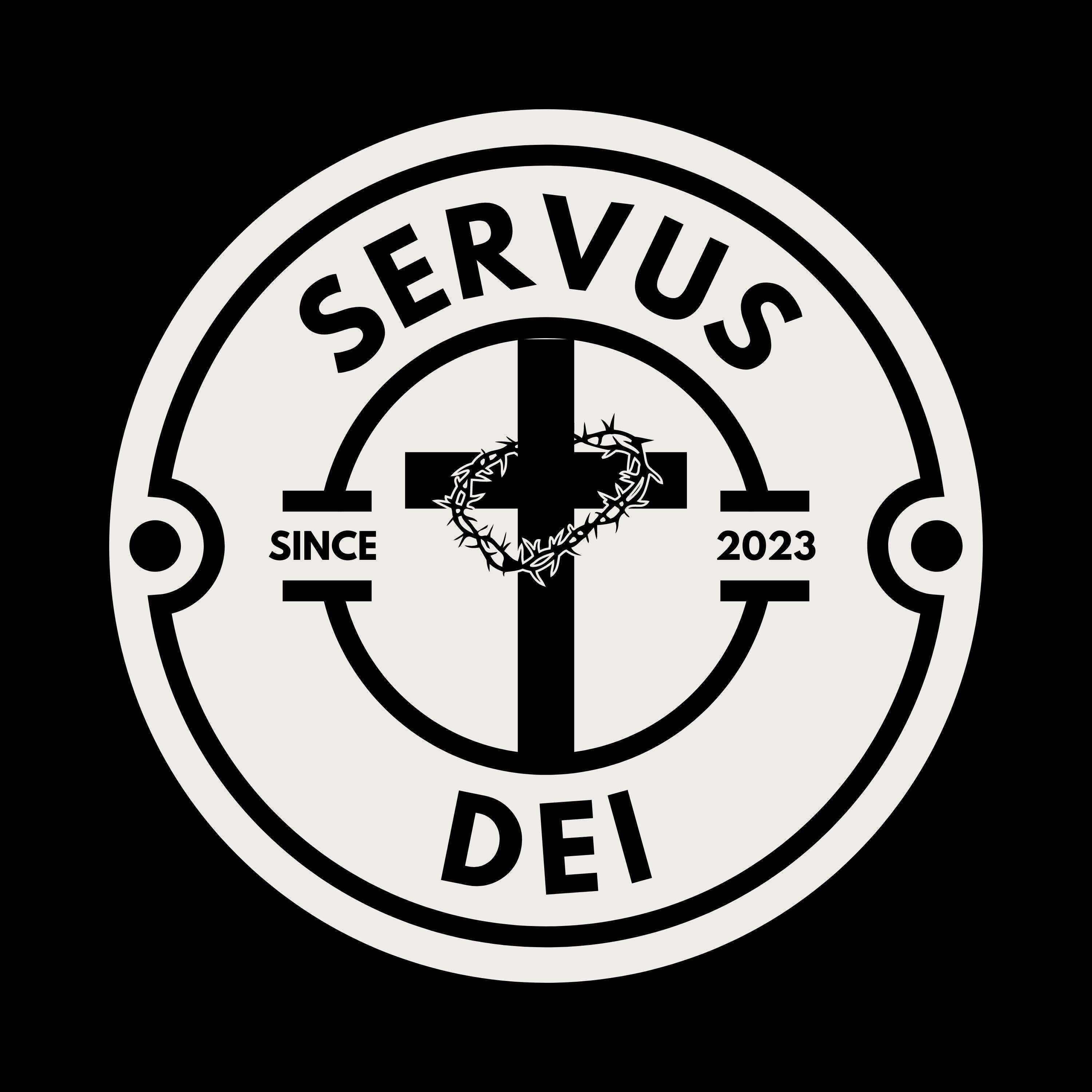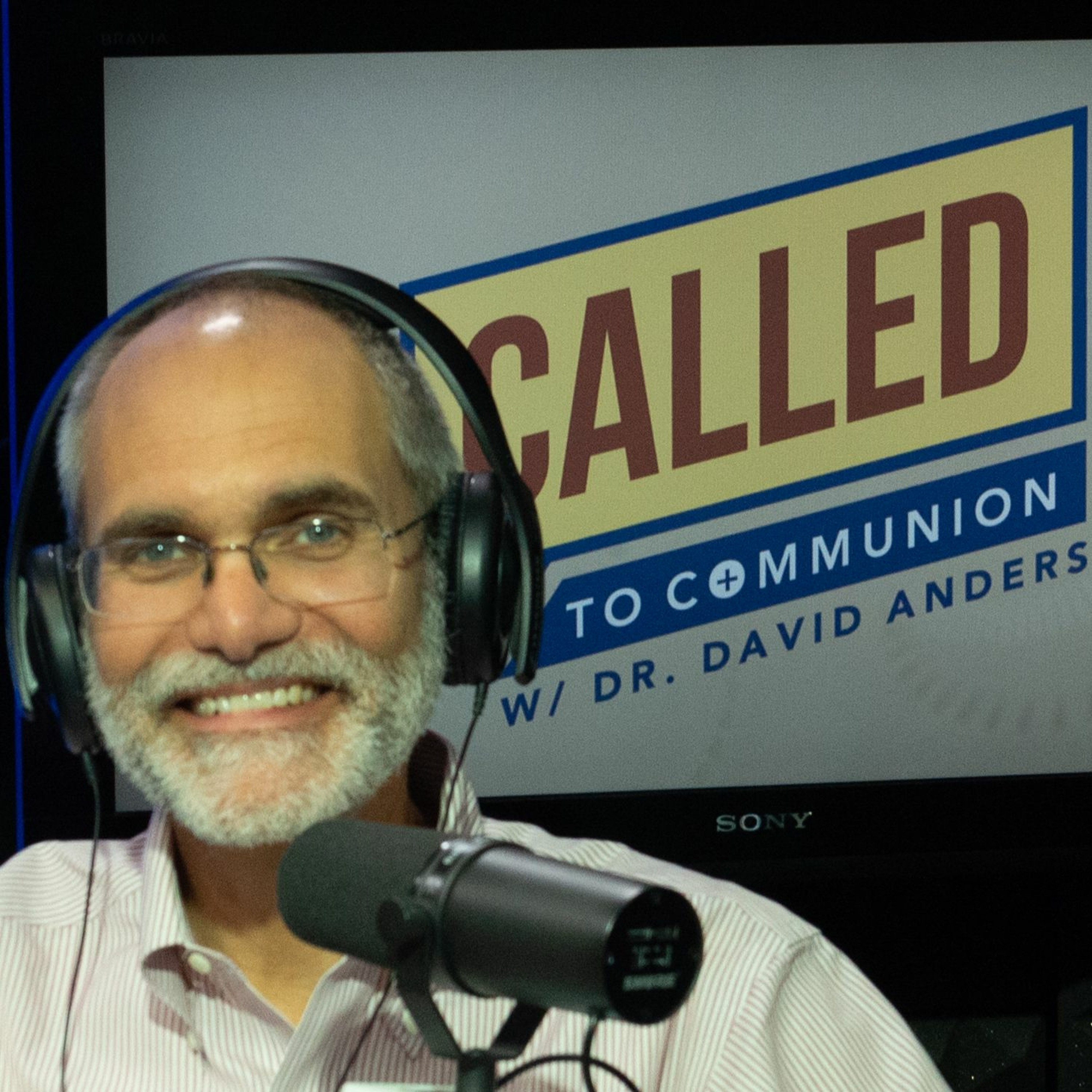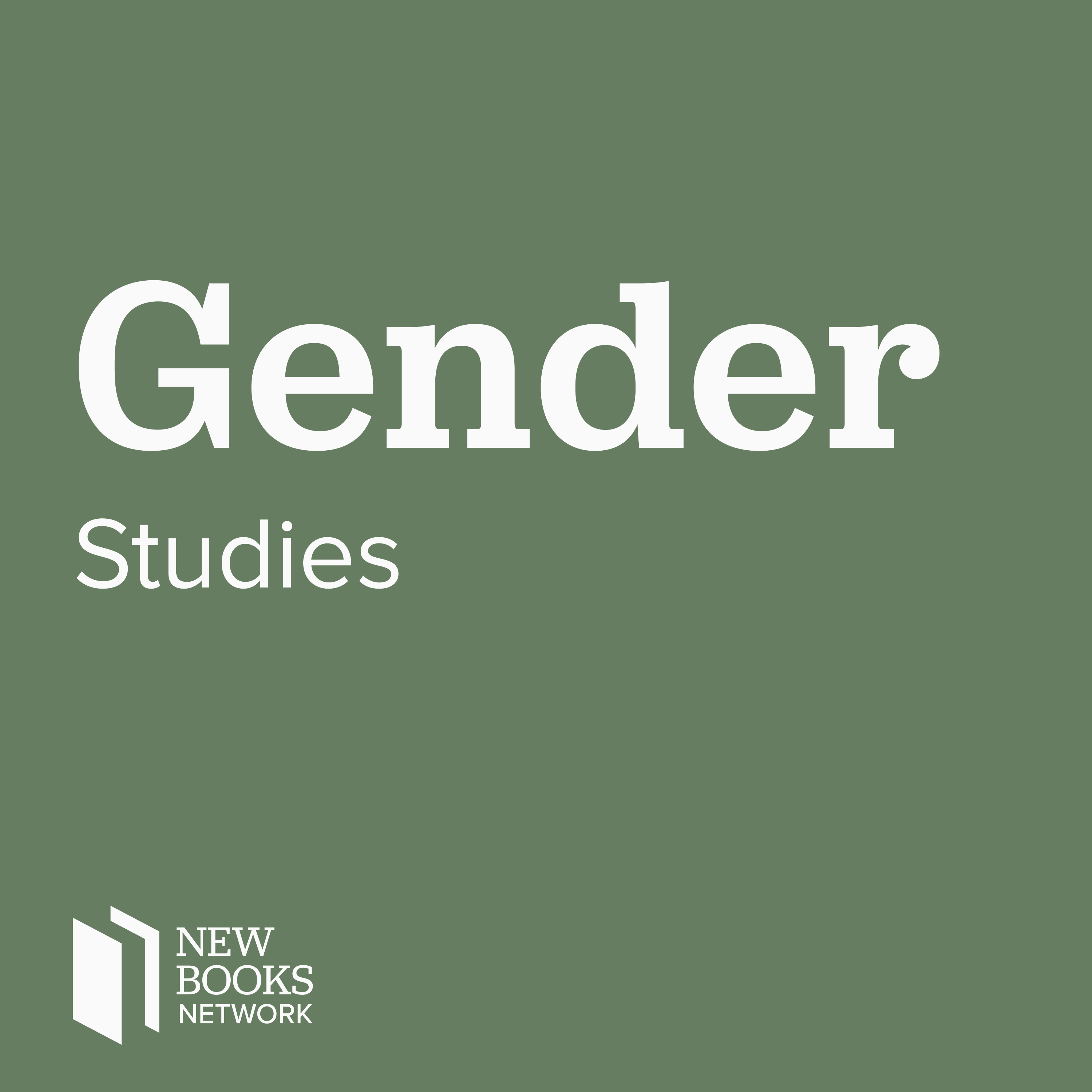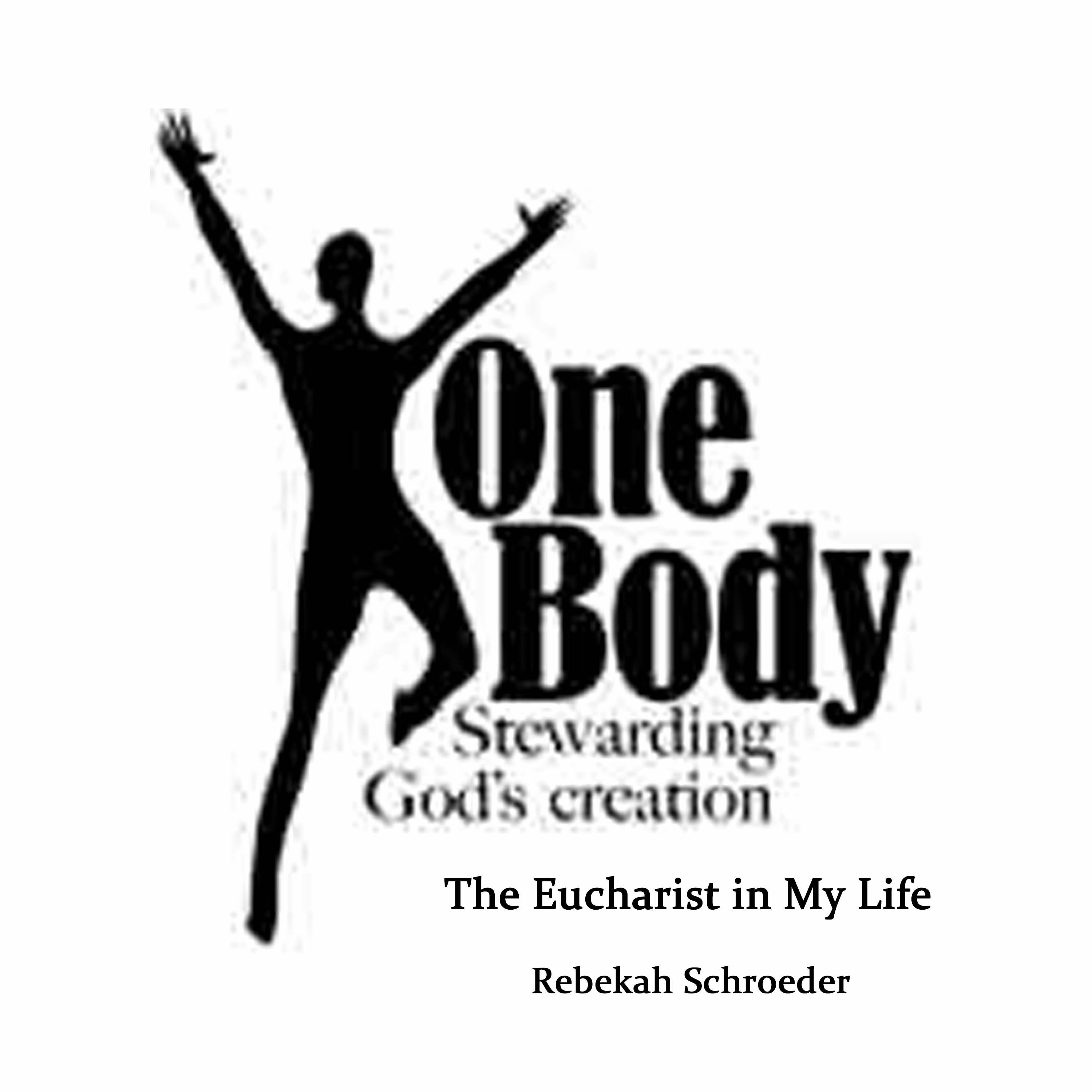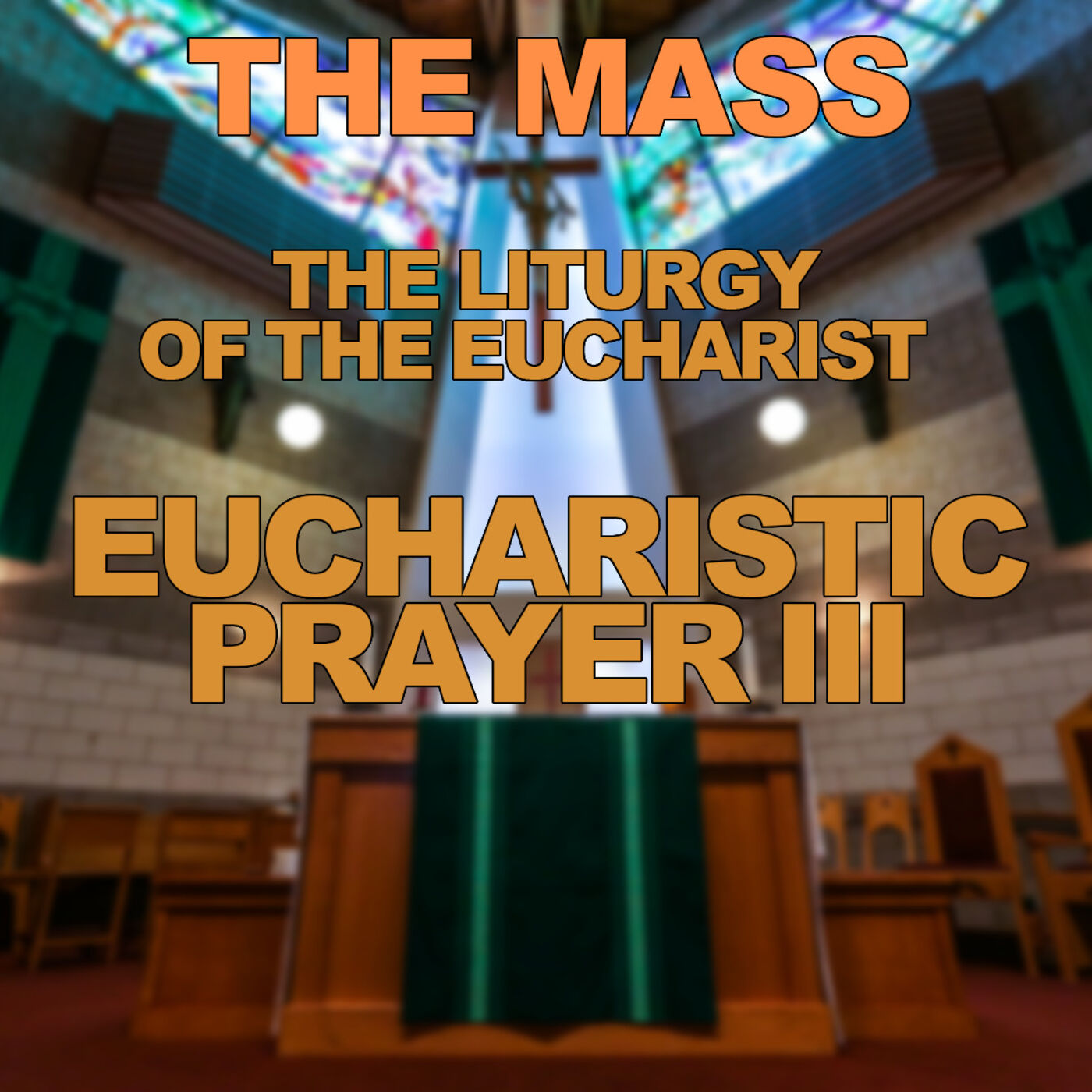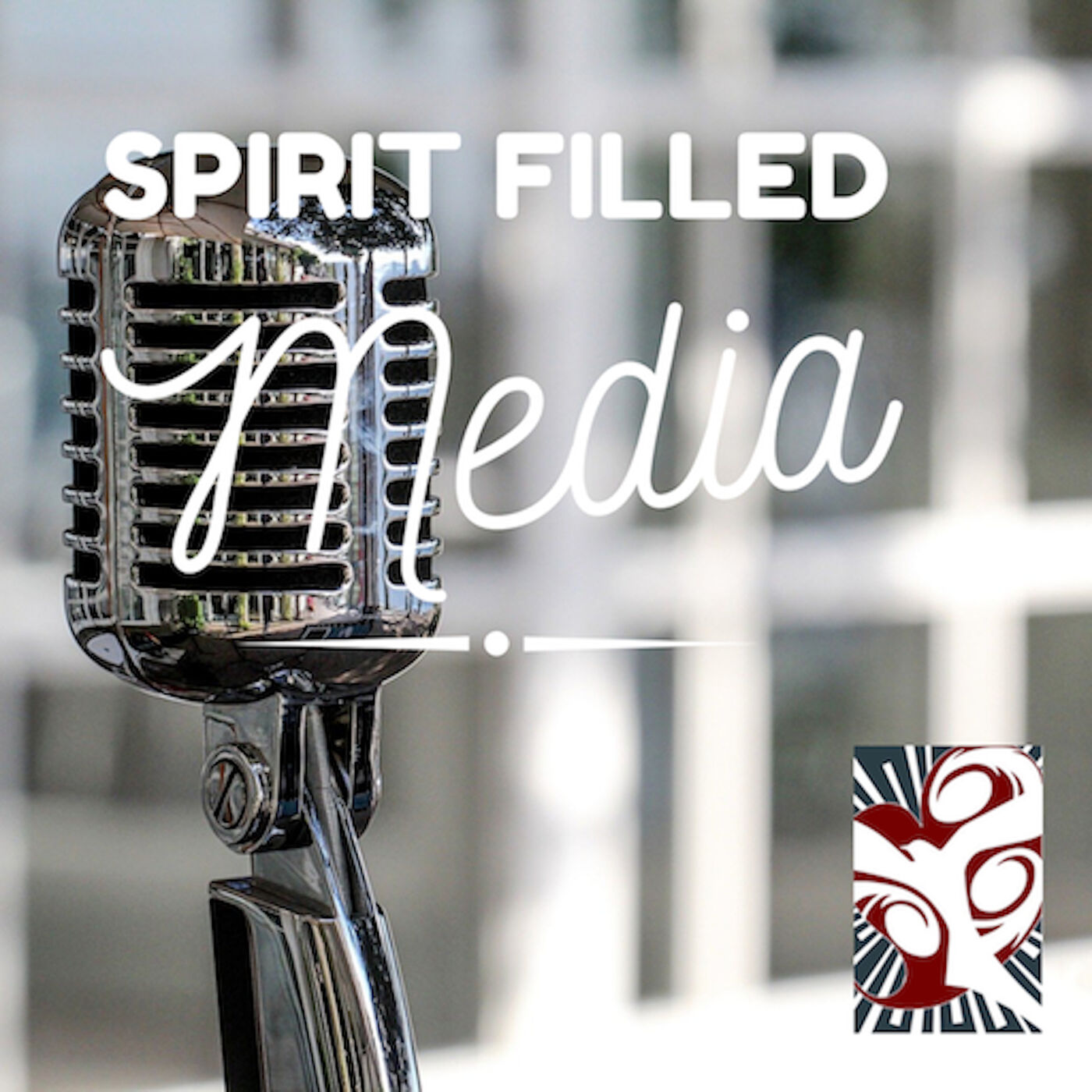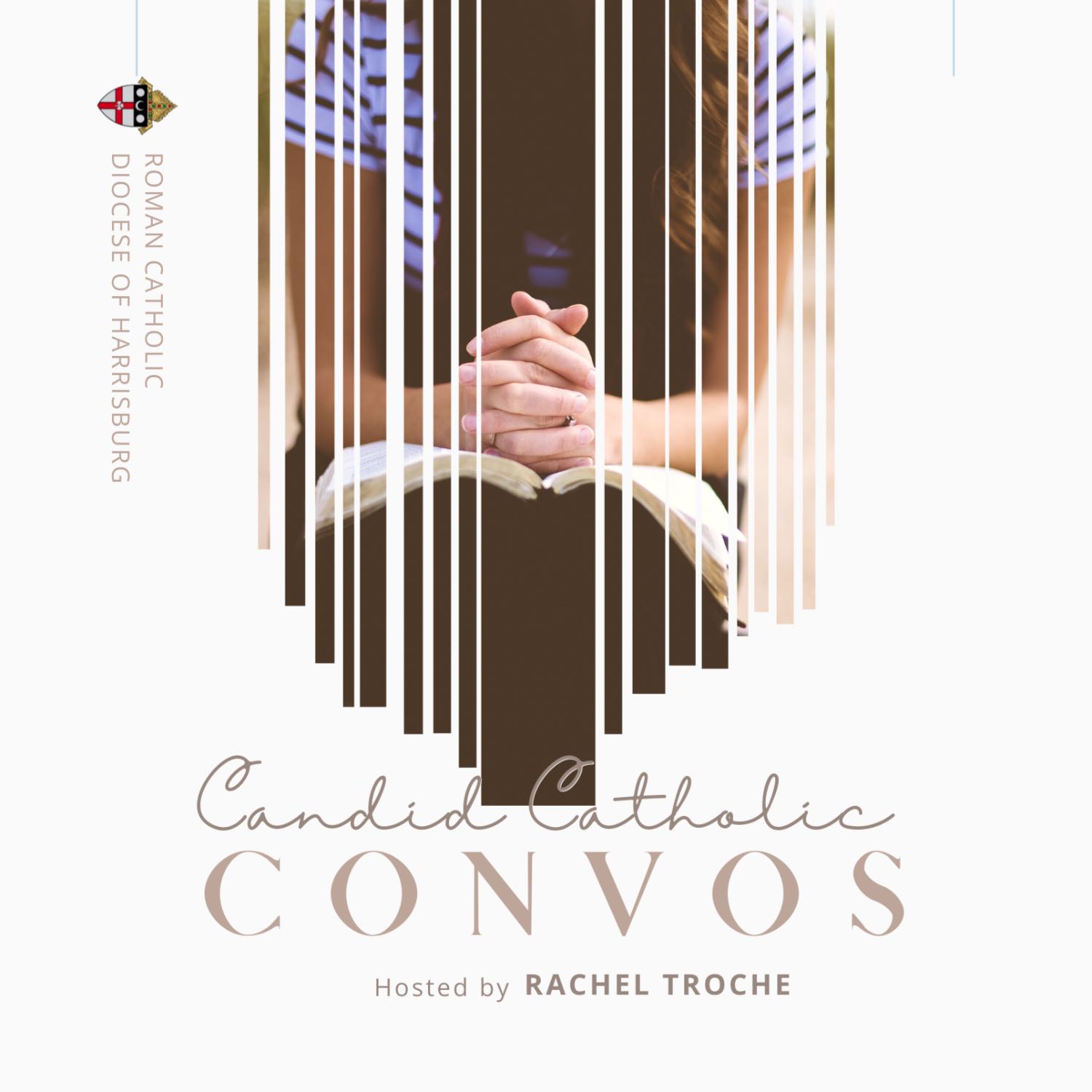The Eucharist
The EucharistJohn 6:48-51 “I am the bread of life. Your ancestors ate the manna in the wilderness, and they died. This is the bread that comes down from heaven so that one may eat of it and not die. I am the living bread that came down from heaven. Whoever eats of this bread will live forever, and the bread that I will give for the life of the world is my flesh.”Today’s verse is a difficult teaching. It is one that turned a lot of those following Jesus away from Him. They could not comprehend it, and it did not make any sense to them. It is one that many religions disagree on as well. In the Catholic Church, we believe that the Eucharist becomes the actual body of Christ during mass. We believe that during mass, the priest has the power, through the Holy Spirit, to change the wine and bread into the blood and body of Christ. I do not have all the history of where this came from, but I do know that right here in this verse, Jesus said, “The bread that I will give for the life of the world is my flesh.”The word we use for when the bread and wine are changed to the body and blood of the Eucharist is transubstantiation. This means the change by which the substance (though not the appearance) of the bread and wine in the Eucharist becomes Christ’s real presence—that is, his body and blood. This is an amazing miracle that takes place at each and every mass all around the world. The Catechism of the Catholic Church talks about the Eucharist and why we believe all that we believe. In CCC 1336, it says, “The first announcement of the Eucharist divided the disciples, just as the announcement of the Passion scandalized them: “This is a hard saying” who can listen to it? The Eucharist and the Cross are stumbling blocks. It is the same mystery, and it never ceases to be an occasion of division. “Will you also go away?” The Lord’s question echoes through the ages as a loving invitation to discover that only he has “the words of eternal life” and that to receive the faith of the gift of the Eucharist is to receive the Lord himself.My goal today is not to try and convince anyone of the true presence of Christ in the Eucharist. My goal is to just talk about how beautiful it is that we get to actually have the body and blood of Jesus as part of our Mass. When we go up for Communion, we are receiving Christ into our bodies. We should prepare our bodies in a similar way that we would prepare a house if we were to have a guest. We must get rid of any mortal sins that we are carrying around. If you missed mass, you must go to Confession before receiving Christ into your body. I know sometimes this can be hard for us because if we truly understand that it is Christ in the Eucharist, then we understand the power of the Eucharist. It can be difficult to find a place and time to go to Confession, or at least that is what the enemy wants us to think. In all actuality, there is probably confession going on most days within a 30-minute radius of you.However, the enemy makes it very difficult for us to go to Confession because He knows how good it is for our souls. At the time Confession is being offered, we will often forget or have completely random things come up. Every time that we find it is offered, it seems very inconvenient. That is the enemy; don’t let Him fool you. The temptation to go to the Eucharist, even though you have missed Mass, is very strong. We tell ourselves we will go to Confession soon, but we don’t want to miss our chance to receive the graces that go along with Communion. I get it; I have thought the same way in the past. The problem is it is not about us; it is about Christ, and it is about being obedient to the laws of our church. The Church has told us that it is a sin to go to communion when we have a mortal sin on our conscience, and missing Mass is a mortal sin. That means when we go to communion after having mis
